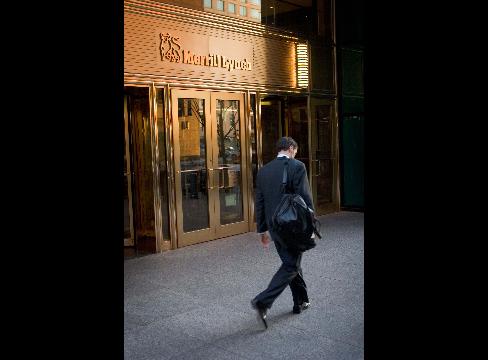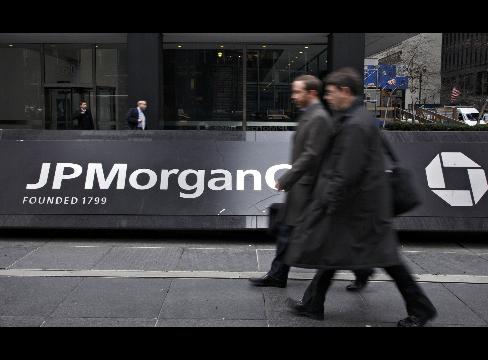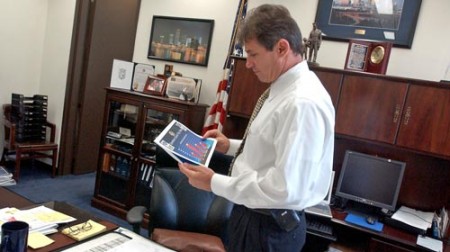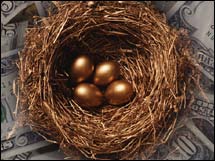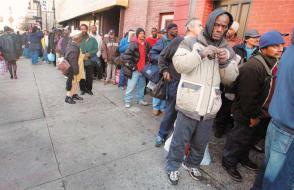Eight years ago, Yale superstar professor and MacroMarkets chief economist Robert Shiller famously called the top of the stock market in his book Irrational Exuberance. Then, a year before the housing bubble peaked, he predicted the colossal bust we are now experiencing.
If you recognize Shiller’s name, it’s because the Standard & Poor’s/Case-Shiller home price indexes, which he developed with Wellesley College economist Karl Case, have become the nation’s most authoritative source for home price trends.
In part one of my one-on-one with Shiller, we discuss the grim outlook for U.S. housing, which he tackles in-depth in his new book The Subprime Solution. Highlights of our first discussion include:
- Home price declines are already approaching those in the Great Depression, when they plunged 30% during the 1930s. With prices already down almost 20%, it’s not a stretch to think we might exceed that drop this time around.
- There are about 10 million homeowners whose debt is higher than their home value, which has broad implications for how Americans feel about their wealth and spending habits (read: more pressure on consumer spending).
- The current hopeful consensus — that house prices will bottom soon and then begin to recover — is most likely a dream. Housing markets don’t usually have “V-shaped” recoveries. And even if house prices stabilize in nominal terms, after adjusting for inflation, most homeowners will continue to lose money.
Read moreU.S. House Price Decline Could Be Worse than Great Depression, Economist Shiller Says
